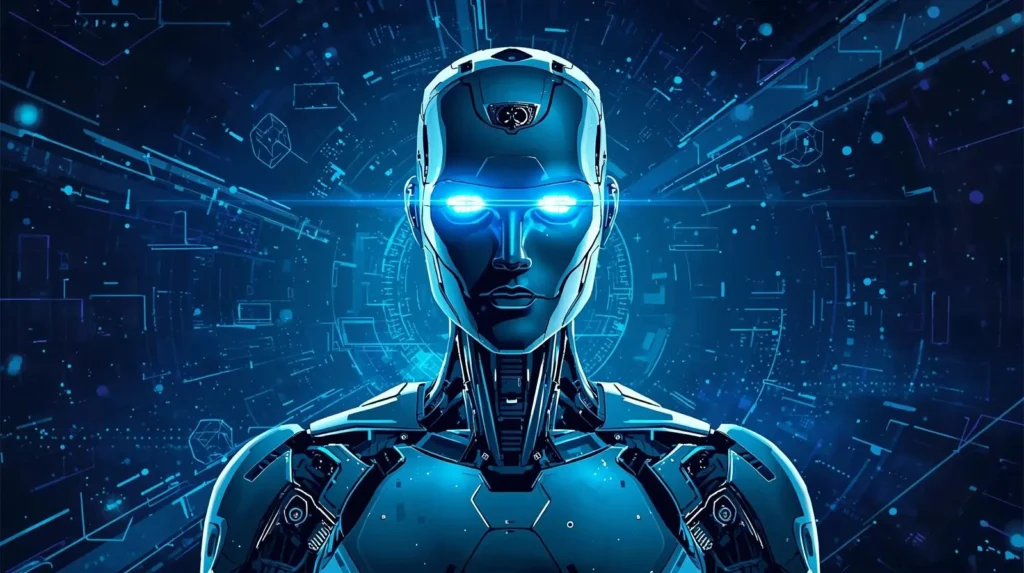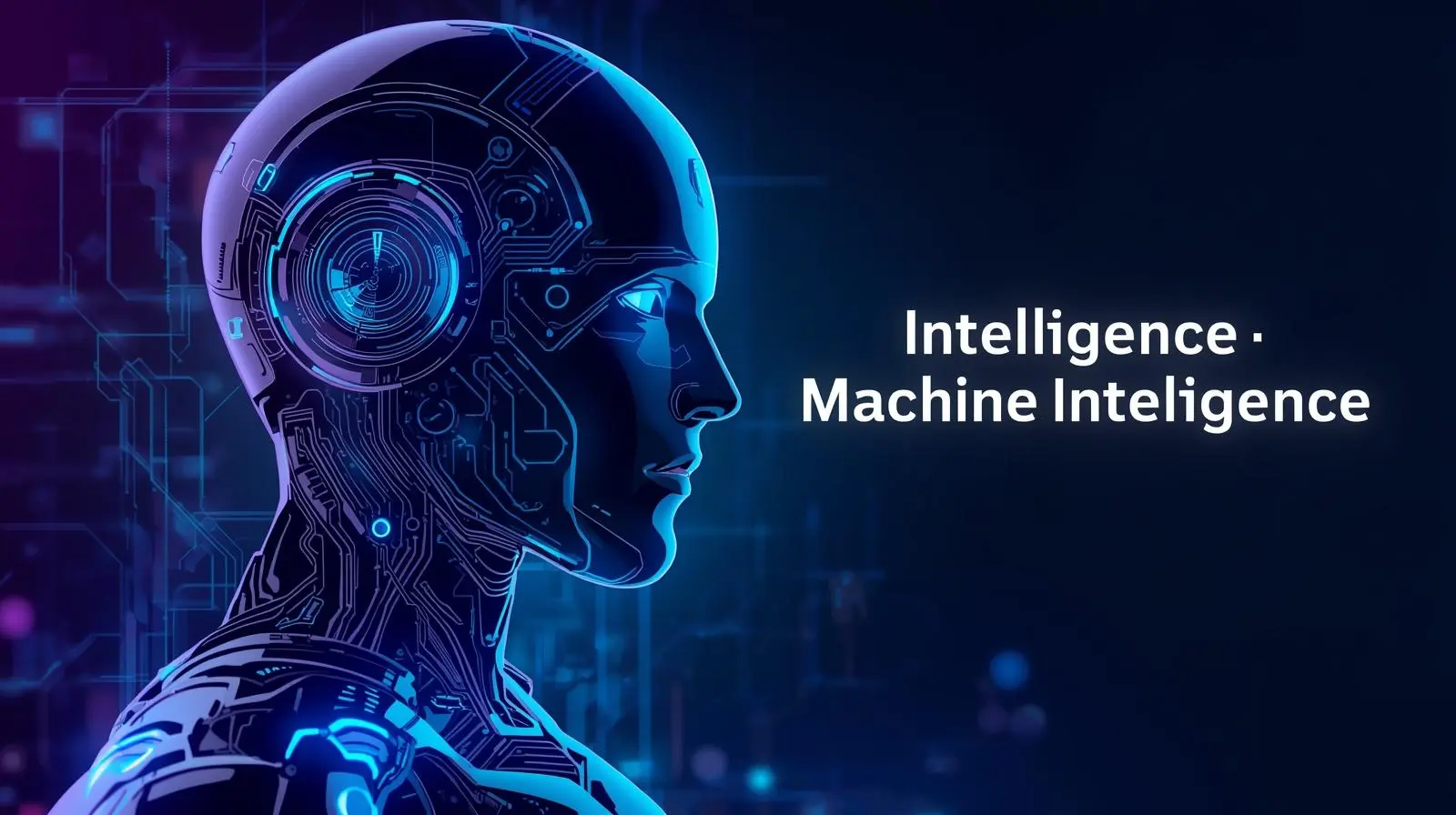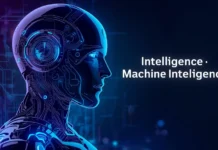Artificial Intelligence (AI) is one of the most powerful technologies shaping our world today. From automating simple tasks to solving complex problems, AI is steadily becoming a part of industries, governments, and even our homes. But as AI grows, it brings both exciting opportunities and serious challenges. Let’s explore what the future of AI might look like.
Opportunities: How AI Can Transform the World
1. Smarter Healthcare
AI has the potential to revolutionize healthcare by analyzing medical images, predicting diseases, and providing personalized treatment plans. Imagine a future where early detection of cancer is done instantly, saving countless lives.
2. Safer and Smarter Transportation
Self-driving cars and AI-powered traffic management systems can reduce accidents, improve road safety, and make transportation more efficient. This could lead to fewer traffic jams and safer cities.
3. Advanced Education
AI can create personalized learning experiences for students by analyzing their strengths and weaknesses. Virtual tutors, powered by AI, could make quality education accessible to everyone.
4. Business Growth and Productivity
Companies can use AI for automation, data analysis, and customer service, helping them reduce costs and make faster, smarter decisions. This creates new opportunities for innovation and growth.
5. Scientific Discoveries
From space exploration to climate change research, AI can process massive amounts of data that humans cannot handle alone. This could speed up discoveries and provide solutions to global problems.
Challenges: The Risks and Concerns Ahead
1. Job Loss and Automation
As machines take over repetitive tasks, many traditional jobs could disappear. While new jobs will be created, workers may struggle to adapt without proper training.
2. Privacy and Security Issues
AI systems often rely on huge amounts of personal data. Without proper regulations, this can lead to misuse of sensitive information and raise concerns about surveillance.
3. Bias and Fairness
AI learns from data, and if the data contains biases, the system can make unfair or discriminatory decisions. For example, biased data in hiring tools could unfairly reject qualified candidates.

4. Ethical Concerns
Should AI be used in military weapons? Who takes responsibility if a self-driving car causes an accident? These questions highlight the need for strong ethical guidelines.
5. Dependence on AI
As society becomes more reliant on AI, overdependence could make us vulnerable if the systems fail or are misused.
Conclusion
The future of Artificial Intelligence is full of both promise and uncertainty. On one hand, AI offers groundbreaking opportunities in healthcare, education, business, and science. On the other, it poses challenges related to jobs, privacy, and ethics. The key will be finding a balance—embracing AI’s benefits while addressing its risks responsibly.
AI is not here to replace humanity—it’s here to work with us. If developed and managed carefully, it could create a future that is smarter, safer, and more innovative than ever before.



